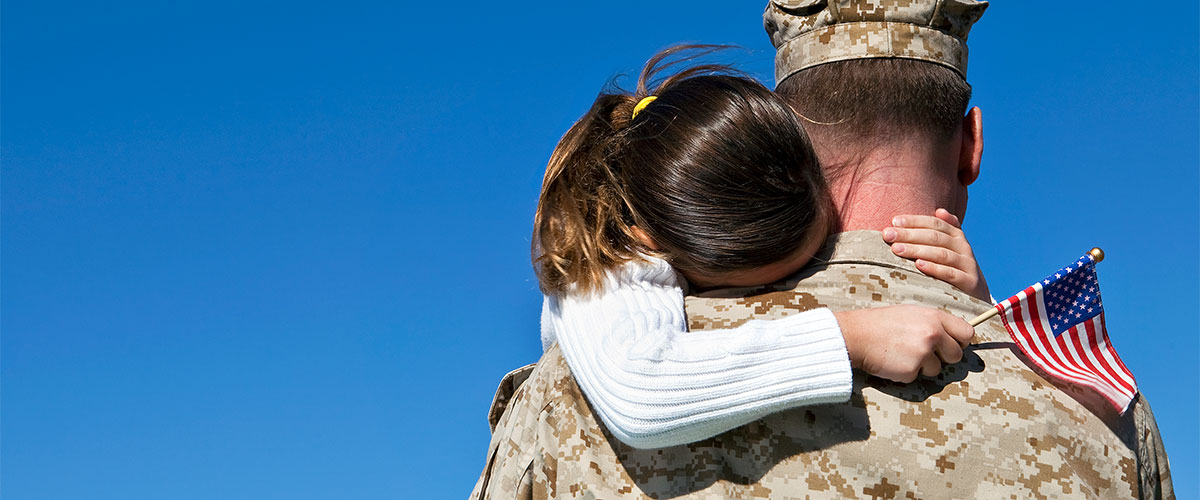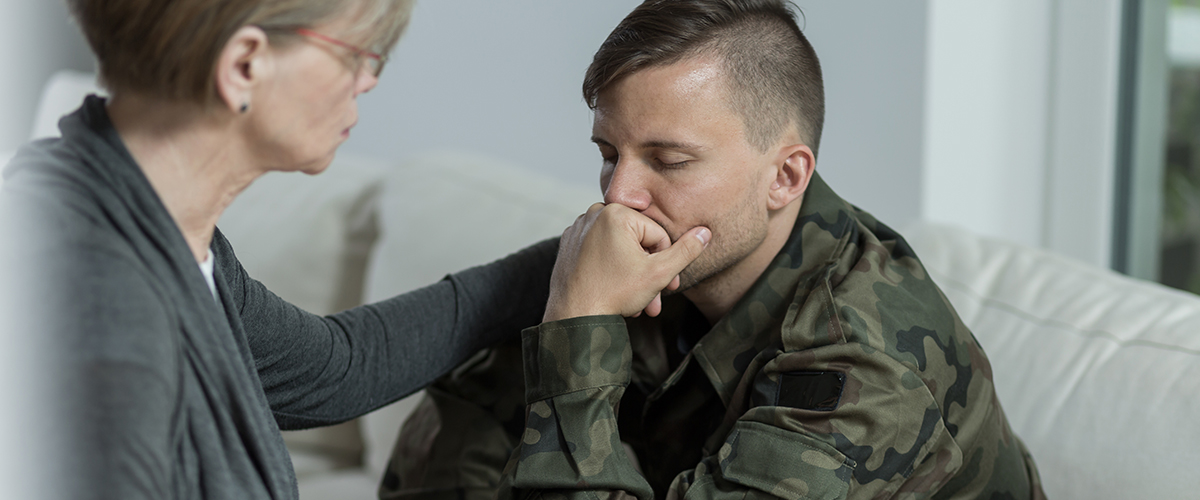Secretary for the Department of Veterans Affairs announced the agency’s decision in a letter to U.S. Rep. Tim Walz (D-Minn).
Despite pleas from the American Legion and lawmakers, the United States Department of Veterans Affairs (VA) has said that it will not conduct research into the potential therapeutic benefits of medical marijuana for veterans.
VA Secretary David Shulkin wrote a letter to U.S. Rep. Tim Walz (D-Minn) in December announcing the agency’s decision, claiming that research into medical marijuana cannot happen because cannabis is a Schedule I substance under federal law.
“VA is committed to researching and developing effective ways to help Veterans cope with post-traumatic stress disorder and chronic pain conditions,” Shulkin wrote in the letter. “However, federal law restricts VA’s ability to conduct research involving medical marijuana, or to refer veterans to such projects.”
Shulkin’s letter was in response to an open inquiry made by a group of 10 lawmakers who sit on the House Committee on Veterans Affairs. In an October open letter to Shulkin, the U.S. House members urged the VA to begin investigating the potential effects of medical marijuana on veterans diagnosed with conditions like chronic pain and post-traumatic stress disorder (PTSD).
While the volume of studies investigating marijuana for medical purposes have been hindered because of regulatory hurdles related to the substance’s classification under the Controlled Substances Act, cannabis research isn’t actually prohibited.
In a statement, Rep. Walz, the House committee’s ranking member, called Shulkin’s response to the request for research “disappointing and unacceptable.”
“VA’s response not only failed to answer our simple question, but they made a disheartening attempt to mislead me, my colleagues and the veteran community in the process,” Rep. Walz said. “They claimed, without citing any specific law, that VA is restricted from conducting research into medical cannabis, which is categorically untrue.”
The VA did recently issue a new directive for clinical programs that allows its doctors and pharmacists to discuss marijuana with military veterans participating in state-legal medical marijuana programs. However, VA providers are still not permitted to suggest or recommend state-approved medical marijuana programs because of the substance’s status under federal law.
The American Legion, the nation’s largest wartime veterans service organization, has urged the Trump administration to reschedule marijuana to “clear the way for clinical research,” and has even adopted a resolution urging the U.S. government to give VA physicians permission to recommend medical cannabis.
While Trump himself has said he supports the medical use of cannabis, his U.S. Attorney General Jeff Sessions is a staunch opponent who has made recent federal policy changes regarding marijuana indicating a potential tightening of federal law in the 29 U.S. states with laws permitting marijuana.
“What America’s veterans need prioritized right now is for cannabis to be treated as a health policy issue,” Nick Etten, founder and executive director of the Veterans Cannabis Project, told The Washington Post. “We’re desperate for solutions for the conditions we’re dealing with.”

Is Cannabis Beneficial for Pain and PTSD?
The studies that have investigated cannabis for chronic pain and PTSD so far have been very promising.
A significant volume of research has been done on cannabis’s efficacy for chronic pain, with studies indicating that it can effective for pain management. Evidence also indicates medical marijuana is a safer treatment option for pain than commonly prescribed opioids, which carry a high risk for abuse, addiction and overdose.
For PTSD, studies indicate that cannabis can lessen the emotional impact of traumatic events, reduce anxiety, and improve sleep quality.
A poll conducted just months ago found that more than 9 of 10 military veterans support research into the medical benefits of marijuana, and 8 out of 10 are in favor of allowing VA doctors to recommend cannabis to veterans.
Shulkin has previously acknowledged there’s evidence that cannabis could benefit veterans, but has said federal law needs to change first for them to be given access.
Learn More about Benefits of Cannabis
You can learn more about the research into cannabis and its potential therapeutic benefits by visiting our education page.






